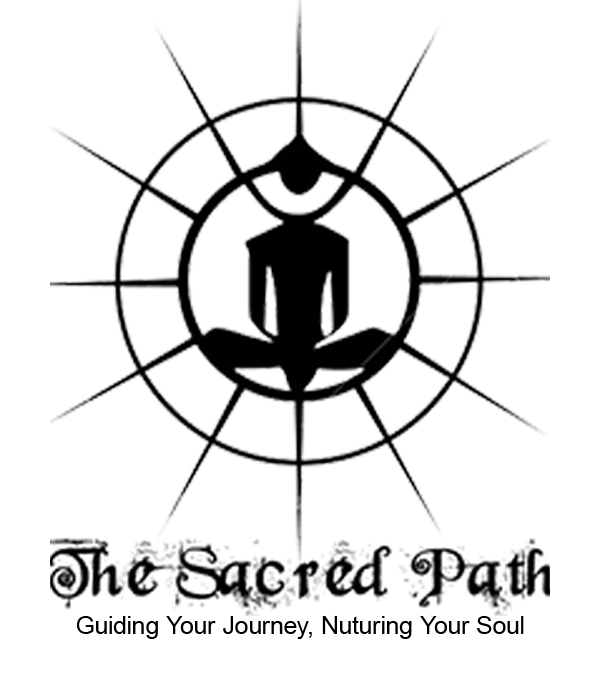Navigating the Depths: Insights into Risks and Cautions of 5-MeO-DMT
Introduction:
Embarking on a journey with 5-MeO-DMT is a profound decision that warrants a comprehensive understanding of the potential risks and cautions associated with this powerful psychedelic. As individuals explore the mystical realms facilitated by 5-MeO-DMT, it is crucial to be aware of the physical, emotional, and psychological challenges that may arise. This article delves into the depths of reactivations, serotonin syndrome, physical and emotional trauma, asphyxiation, myocardial infarction, seizures, depression, suicidal ideation, and the risk of post-traumatic stress disorder (PTSD) and schizophrenia/mania. This exploration aims to provide valuable insights for those considering or currently navigating the transformative landscape of 5-MeO-DMT.
Reactivations:
Reactivations, the resurgence of 5-MeO-DMT experiences, can manifest as vivid memories or complete reliving of the journey. While occurring predominantly between 2-4 AM, they can also be triggered by meditation, breathwork, or other circumstances. Lasting from days to months, reactivations may induce disturbances in sleep patterns, insomnia, night terrors, and a re-experiencing of both blissful and challenging memories. Extreme cases, often linked to overserving by facilitators, necessitate careful consideration and integration techniques. Exploring the intricacies of reactivations provides a crucial foundation for individuals seeking to comprehend the lasting impact of 5-MeO-DMT experiences.
Serotonin Syndrome:
The body's natural production of serotonin plays a vital role in 5-MeO-DMT experiences. However, improper facilitation, especially with high doses, can lead to serotonin syndrome. Combining 5-MeO-DMT with other serotonin-affecting substances poses additional risks, emphasizing the importance of careful screening. Symptoms range from headaches and sweating to seizures and loss of consciousness, highlighting the spectrum of this condition. A detailed examination of serotonin syndrome sheds light on its intricacies and the need for thorough participant screening.
Physical Trauma:
The dynamic nature of 5-MeO-DMT experiences can result in various bodily movements, from dancing to potential harm. Users may incur injuries such as blunt trauma, bruises, cuts, or even concussions. In extreme cases, practitioner negligence can lead to severe consequences, reinforcing the need for experienced facilitators to manage dynamic experiences safely. Unveiling the potential for physical trauma during 5-MeO-DMT journeys is essential for participants and guides alike to navigate these experiences responsibly.
Emotional Trauma:
While emotional release is inherent in 5-MeO-DMT journeys, improper facilitation can lead to emotional trauma. Facilitators lacking proper training may inadvertently introduce energies that traumatize individuals, emphasizing the importance of well-prepared guides to ensure a supportive and healing environment. Delving into the emotional aspects of 5-MeO-DMT experiences offers valuable insights into the intricate interplay between psychedelic exploration and emotional well-being.
Asphyxiation:
Vomiting during a 5-MeO-DMT journey poses risks if facilitators are not attentive. Choking on vomit can occur, potentially leading to fatal consequences. Adequate supervision and facilitator training are essential to mitigate the risk of asphyxiation during sessions. Unpacking the dynamics of asphyxiation provides participants with a nuanced understanding of potential risks and guides them toward informed decision-making.
Myocardial Infarction (Heart Attack):
The spike in blood pressure during a 5-MeO-DMT experience can pose risks for individuals with underlying heart conditions. Facilitators should conduct thorough screenings to identify potential issues and prevent heart attacks. The importance of a safe and controlled setting cannot be overstated. A detailed exploration of myocardial infarction sheds light on its potential occurrence during 5-MeO-DMT journeys and underscores the significance of participant safety.
Seizures:
Individuals with a history of epilepsy face an increased risk of seizures during 5-MeO-DMT experiences. Additionally, serotonin syndrome, albeit rare, can also lead to seizures. Proper screening and facilitator guidance are critical to minimize the likelihood of seizures and ensure participant safety. Examining the relationship between 5-MeO-DMT and seizures provides participants with essential knowledge to make informed decisions about their psychedelic journey.
Depression:
The introspective nature of 5-MeO-DMT can bring suppressed emotions and memories to the surface, potentially leading to post-experience depression. Understanding the spiritual death process and allowing individuals the time needed for integration is crucial in supporting their mental well-being. A comprehensive exploration of depression post-5-MeO-DMT offers valuable insights for participants and facilitators alike, promoting responsible and informed psychedelic exploration.
Suicidal Ideation:
Disassociation, magnification of internal patterning, and a sense of meaninglessness can contribute to suicidal ideation post-5-MeO-DMT experience. Mental health professional support is paramount, ranging from outpatient psychotherapy to hospitalization based on the severity of ideation. Delving into the complexities of suicidal ideation provides participants with a nuanced understanding of potential risks and emphasizes the need for post-experience mental health support.
Post-Traumatic Stress Disorder (PTSD):
Inadequate preparation and facilitation may result in an individual perceiving the 5-MeO-DMT experience as traumatic, leading to potential PTSD. Thorough preparation by experienced facilitators ensures participants feel supported and safe during the journey, minimizing the risk of long-term psychological distress. A detailed examination of the potential for PTSD post-5-MeO-DMT sheds light on the importance of responsible and ethical facilitation for the well-being of participants.
Schizophrenia/Mania:
Individuals with a personal or family history of schizophrenia, psychosis, bipolar disorder, mania, or other mental disorders may be at risk of triggering manic states and psychotic episodes during 5-MeO-DMT experiences. Thorough screening is essential to identify optimal candidates for this powerful psychedelic. Exploring the relationship between 5-MeO-DMT and schizophrenia/mania provides participants with critical insights into potential risks, fostering informed decision-making and responsible psychedelic exploration.
Conclusion:
As individuals navigate the transformative realms of 5-MeO-DMT, understanding and mitigating potential risks is crucial for a safe and enriching experience. Facilitators and participants alike must prioritize safety, proper screening, and comprehensive preparation to ensure that the journey unfolds as a positive and transformative odyssey. By exploring the complexities of reactivations, serotonin syndrome, physical and emotional trauma, asphyxiation, myocardial infarction, seizures, depression, suicidal ideation, and the risk of post-traumatic stress disorder and schizophrenia/mania, this article serves as a guide for those embarking on the profound journey with 5-MeO-DMT.
